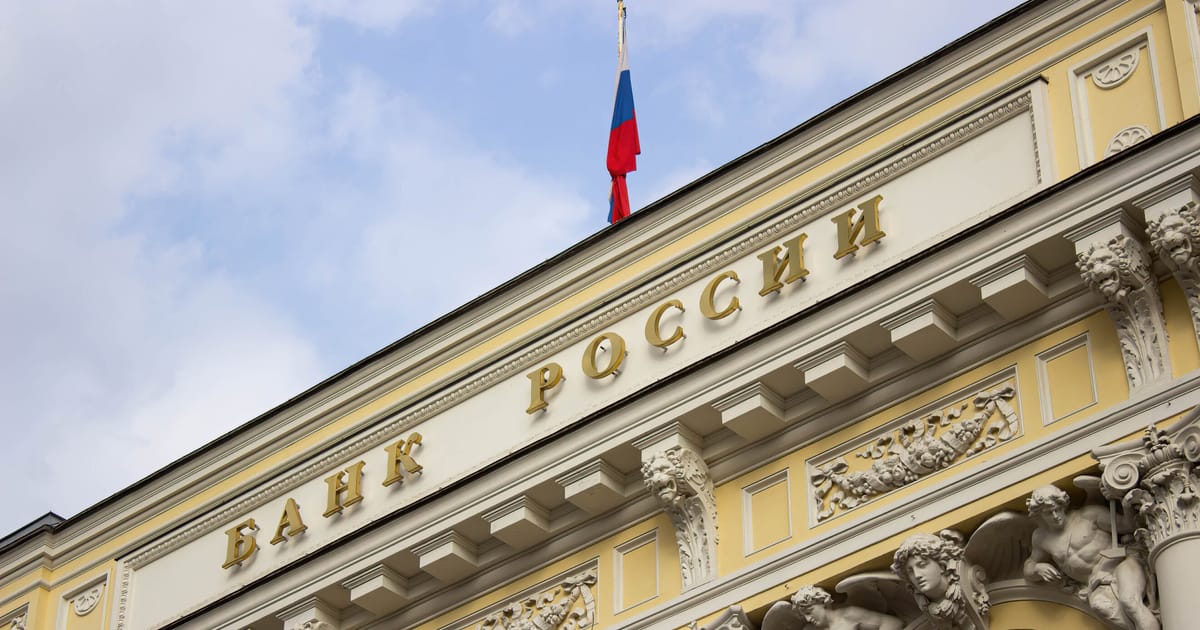It’s unusual for a central bank to lower its policy rate while revising its inflation outlook upward, since lower rates are usually linked to higher inflation, and central banks are tasked with maintaining price stability.
However, the combination of managing escalating foreign sanctions on the economy, together with the need to maintain a high level of industrial output to produce the armaments necessary to prolong its war on Ukraine, has put the bank’s governor, Elvira Nabiullina, in a tough spot.
Ukraine’s ongoing drone campaign aimed at crippling Russia’s oil refineries has heaped further pressure on the country’s economic output.
On Thursday, Herman Gref, who heads Russia’s largest lender Sberbank, said that it had been a mistake to focus too much on inflation at the expense of economic growth.
In its statement, the central bank said that it sees inflationary pressures increasing in the medium term, as tax hikes, trade disruption and fluctuations in the oil price all bite.
“Geopolitical tensions remain a significant uncertainty factor,” it said.

